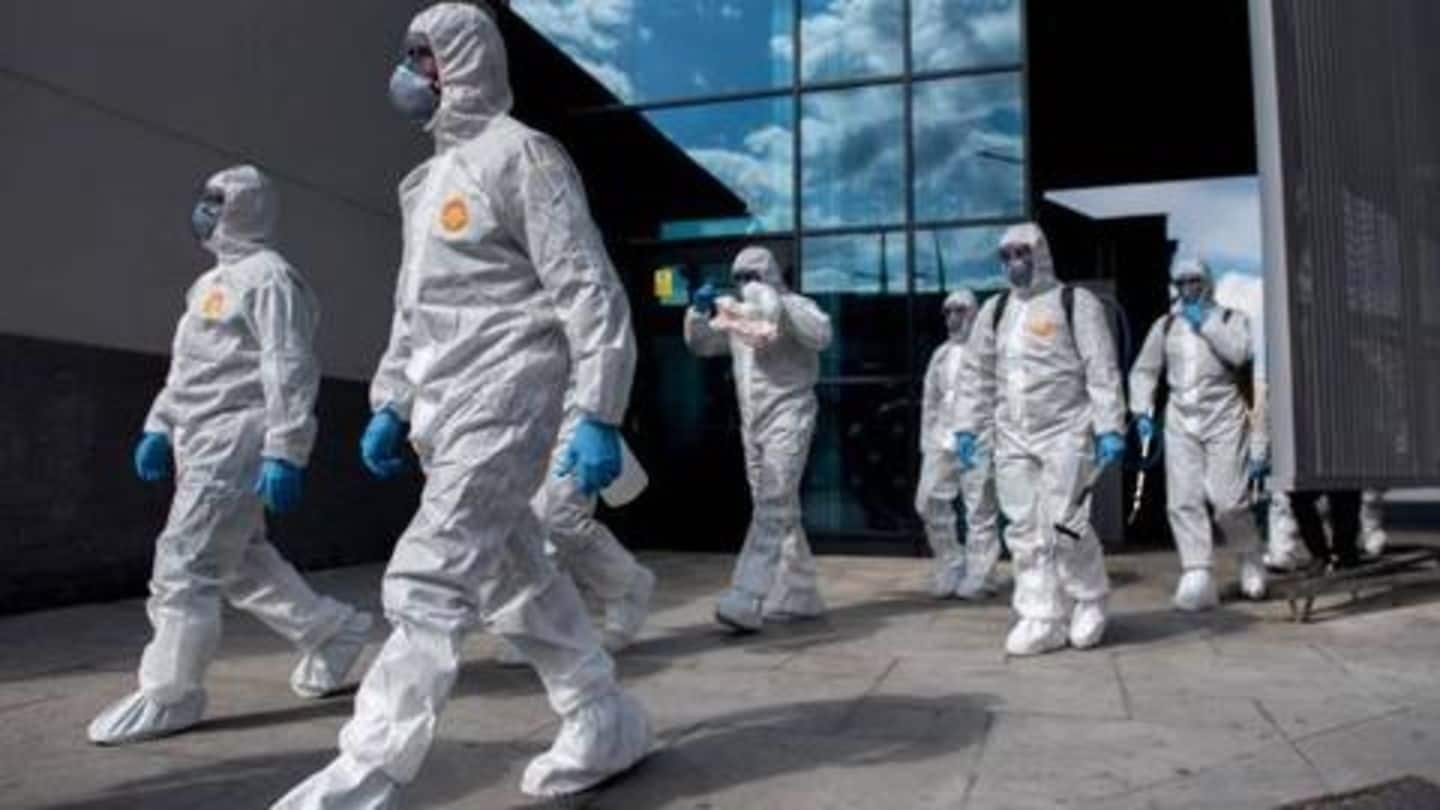
Soon, India will begin antibody tests to check COVID-19 exposure
What's the story
As COVID-19 cases continue to grow in India, the government is gearing up to carry out a new antibody test to see if a person had previously been exposed to the novel coronavirus. The method, according to the Indian Council of Medical Research (ICMR), will help scientists understand the spread of the infection and take appropriate steps to flatten the curve in the country.
Test
Serological test to detect previous infections, immune response
The new test, dubbed Serological assessment, looks for the presence of certain antibodies in the blood of a patient. On the basis of the results, scientists can determine whether the person in question contracted the virus in the past and developed an immune response to recover from it or not. The tests are also cheaper and less tech-intrusive than the main COVID-19 detection tests.
Advantage
But, how they will be useful?
Through these antibody tests, ICMR will identify healthcare workers who are more immune to COVID-19 and can work safely around critical cases. Secondly, these tests can answer bigger questions like how many people actually got infected, and what portion of them died. Further, recovering patients can also be tested repeatedly to see how long the immune response lasts, which might aid in vaccine development.
Goal
"Goal to check whether people got exposed"
Randeep Guleria, the chairman of the ICMR committee formed to review the testing strategy for COVID-19 said, "The serological test is for the purpose of surveillance to generate data and understand whether people got exposed to the virus." He noted that this is not a confirmatory test, but is like a screening process to trace infections and understand the behavior of the virus.
Testing
Bids for 5 lakh antibody test kits invited
That said, ICMR has invited bids for the supply of 5 lakh antibody (serological) test kits. As of now, the random samples tested by ICMR do not show signs of community transmission of COVID-19, but this test, when used on the masses, could give a clearer answer. Then, according to the results, the government can take steps to reduce spread, flatten the curve.